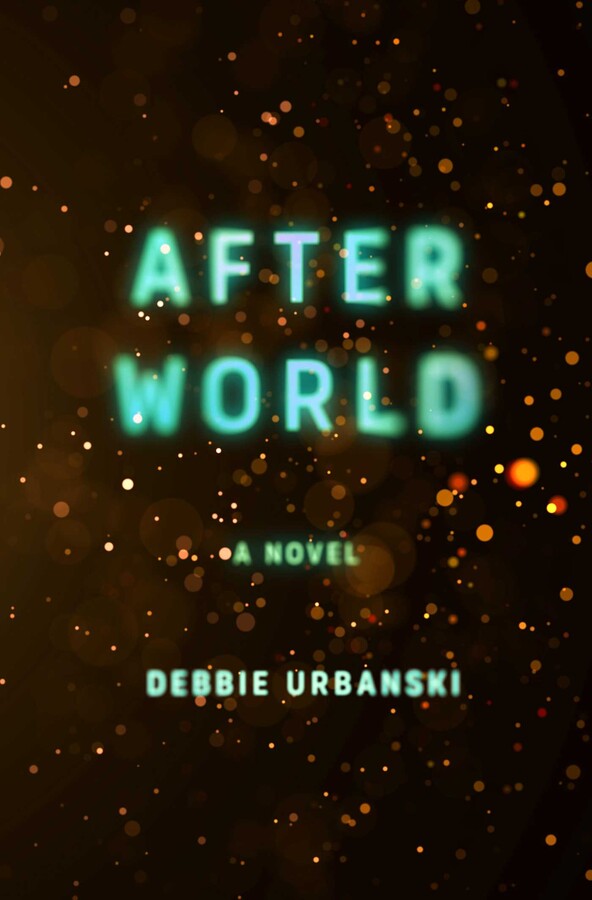Are we destroying the Earth?
No we are not. Worldwide volcanic eruptions and meteors have not been able to do that. So I feel fairly confident our species won’t achieve that either. However we are degrading the planets ability to support the diversity of life we are so enriched with and making the challenges for our species grave. Someday our sun and this planet will be gone but maybe, just maybe we will have colonized different galaxies (if we can change our ways and can avoid extinction) and unlike all species that came before in our 4.5 billion year history we may not go extinct in near geologic time .
In this thread I plan to review a recently published book. ‘Not the End of the World’ by Hannah Ritchie (2024). Hannah Ritchie is a data driven scientist that looks at the State of the World from a different perspective and suggests we are making positive strides and with changes we can continue to work towards a sustainable future.
In the Living Earth Thread I asked the question “Can we meet this moment of an environmental crisis with enough resolve to minimize or reverse the changes that this planet faces?” And Sangha member Heiso referenced Hannah Ritchie and I saw she just published a book on the subject.
My plan is to post after I have read each Chapter. Please add your thoughts. If anyone else reads this book I would enjoy your company along this path.
Doshin
Stlah
No we are not. Worldwide volcanic eruptions and meteors have not been able to do that. So I feel fairly confident our species won’t achieve that either. However we are degrading the planets ability to support the diversity of life we are so enriched with and making the challenges for our species grave. Someday our sun and this planet will be gone but maybe, just maybe we will have colonized different galaxies (if we can change our ways and can avoid extinction) and unlike all species that came before in our 4.5 billion year history we may not go extinct in near geologic time .
In this thread I plan to review a recently published book. ‘Not the End of the World’ by Hannah Ritchie (2024). Hannah Ritchie is a data driven scientist that looks at the State of the World from a different perspective and suggests we are making positive strides and with changes we can continue to work towards a sustainable future.
In the Living Earth Thread I asked the question “Can we meet this moment of an environmental crisis with enough resolve to minimize or reverse the changes that this planet faces?” And Sangha member Heiso referenced Hannah Ritchie and I saw she just published a book on the subject.
My plan is to post after I have read each Chapter. Please add your thoughts. If anyone else reads this book I would enjoy your company along this path.
Doshin
Stlah




Comment